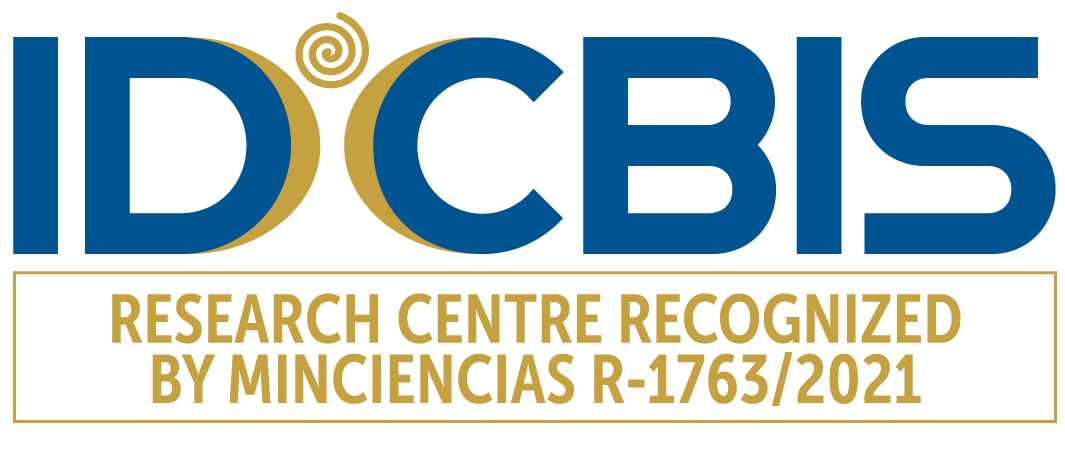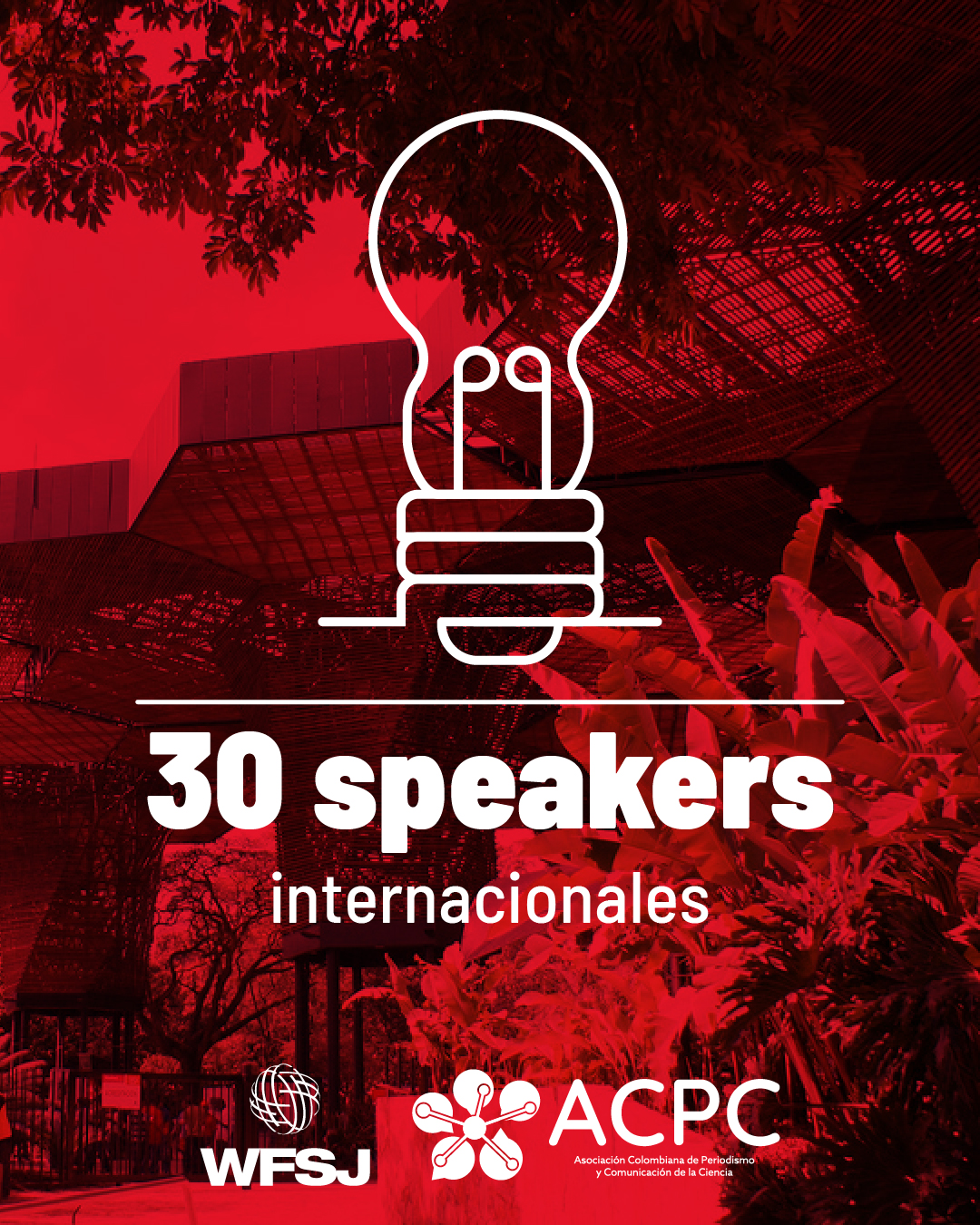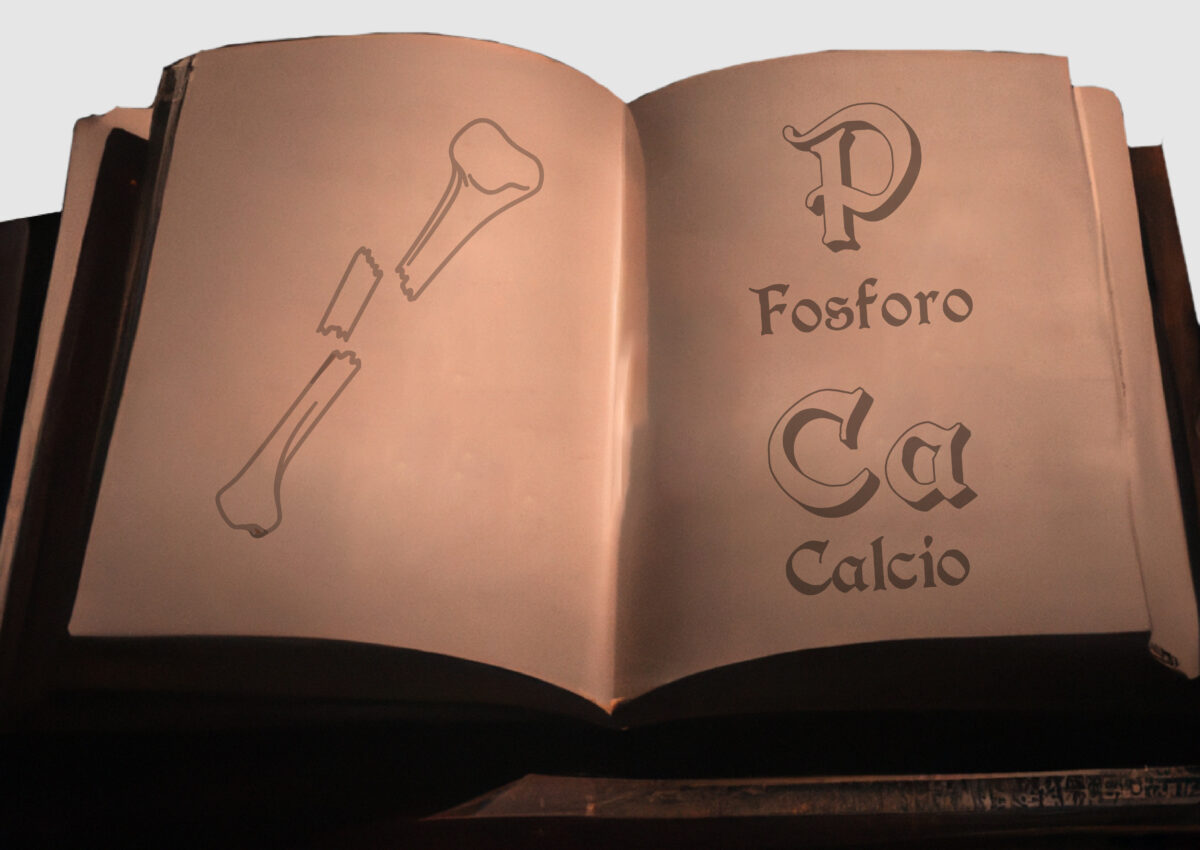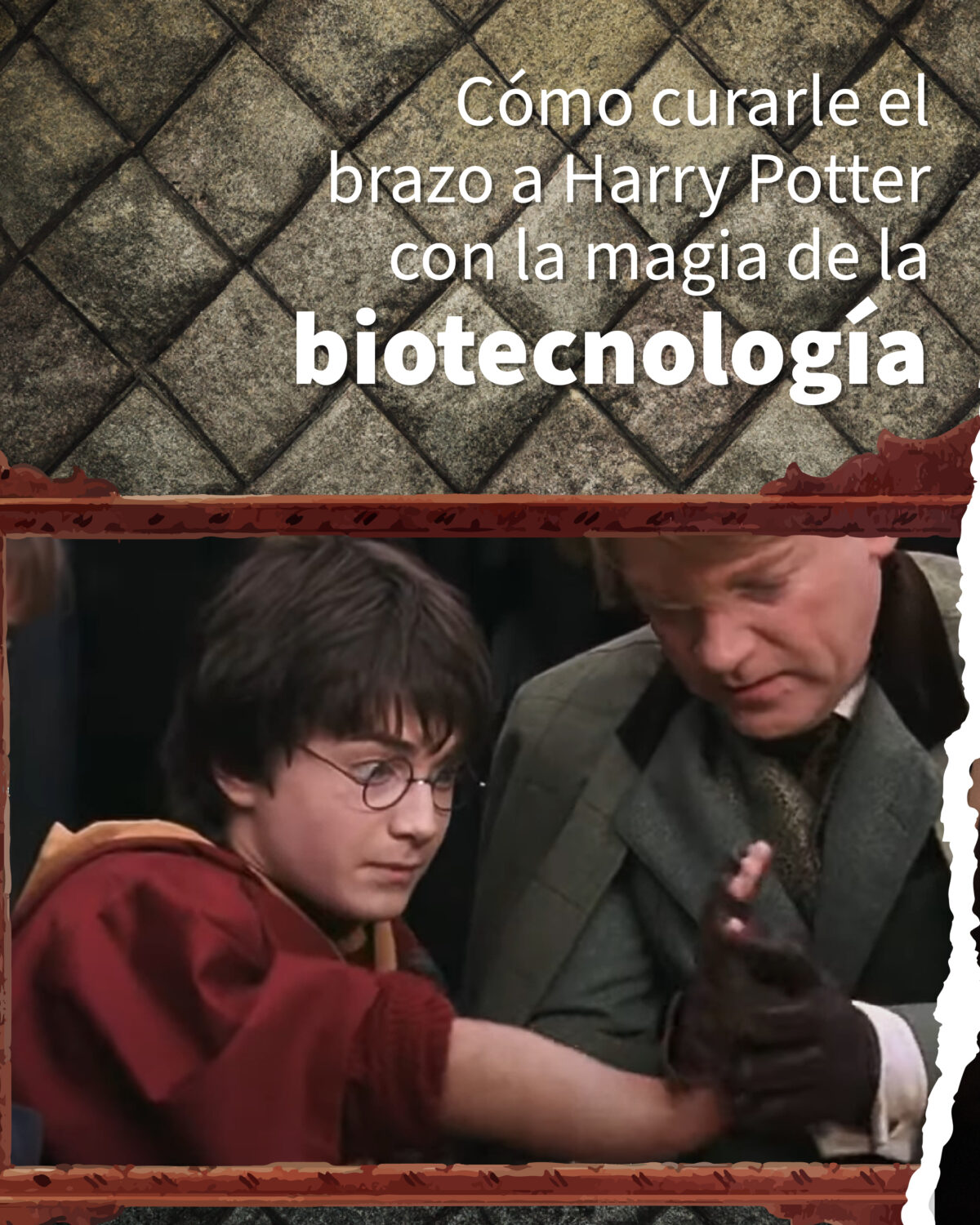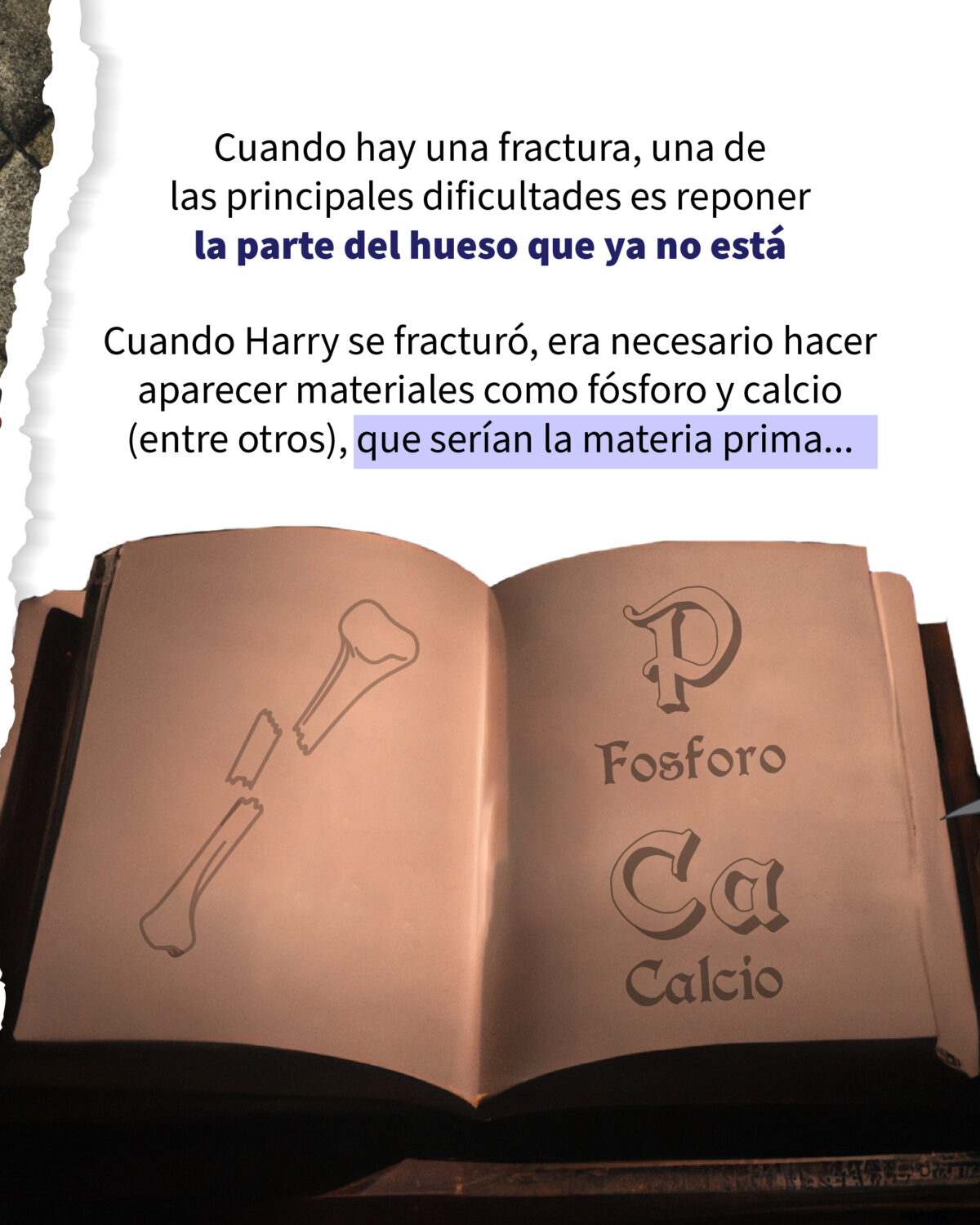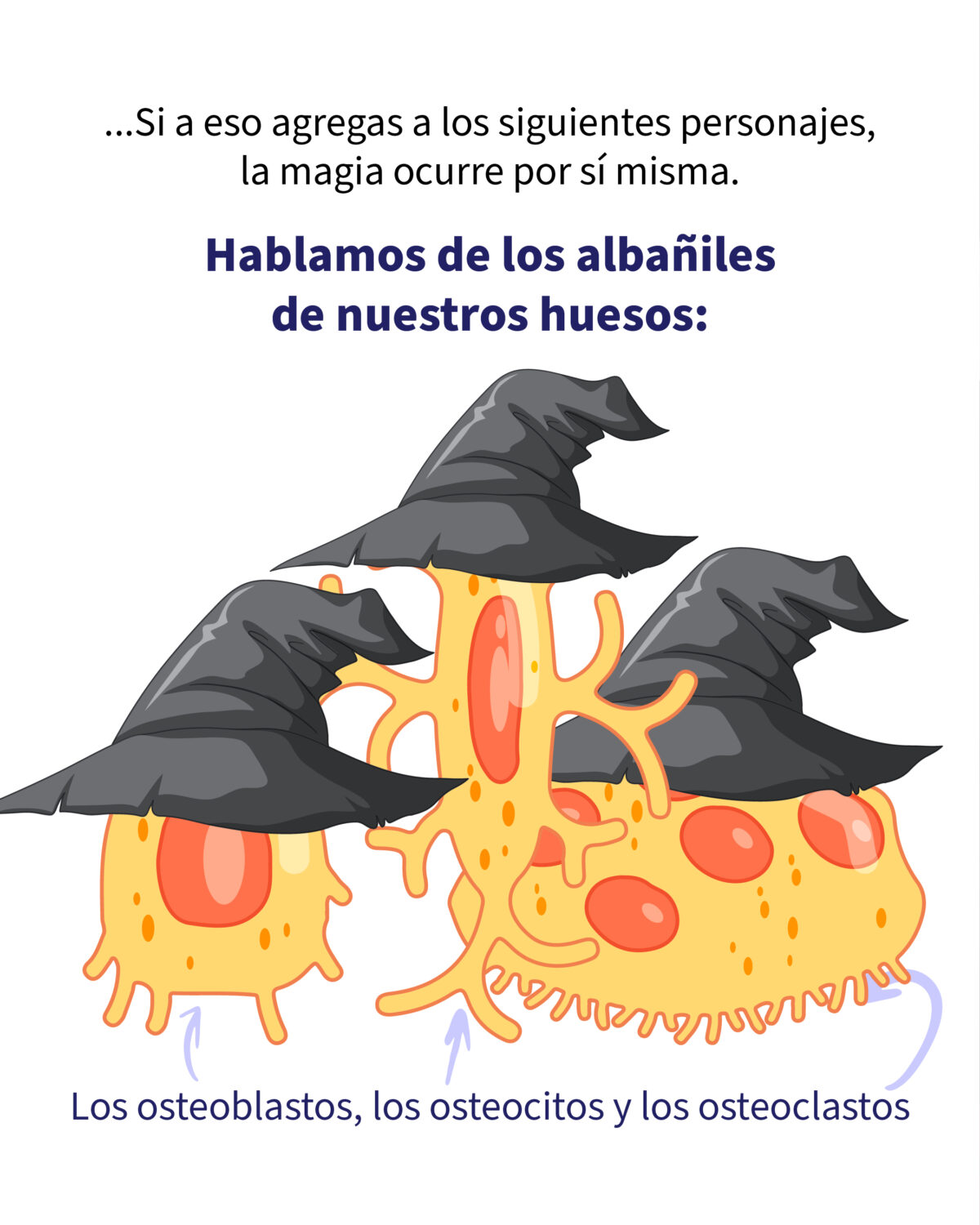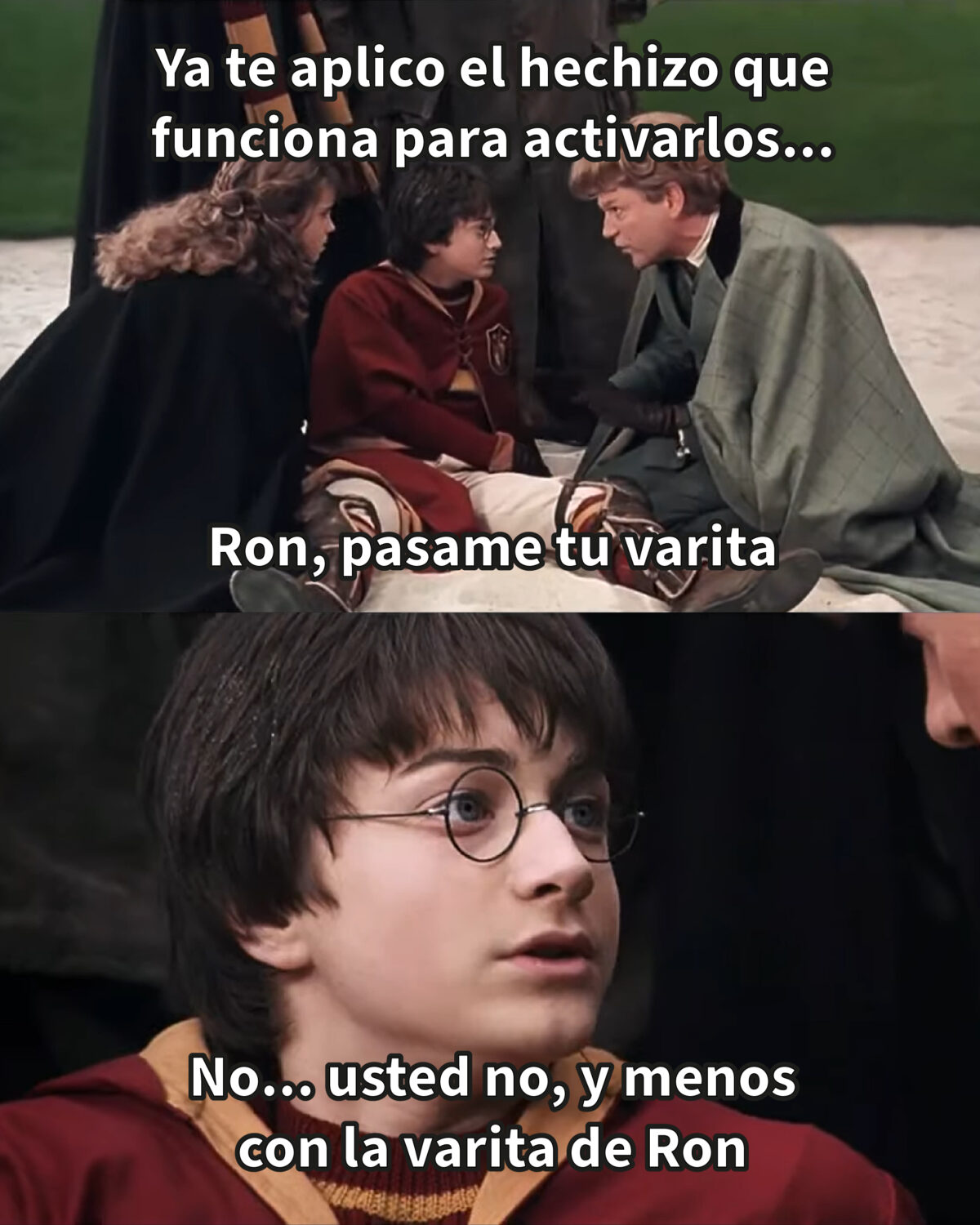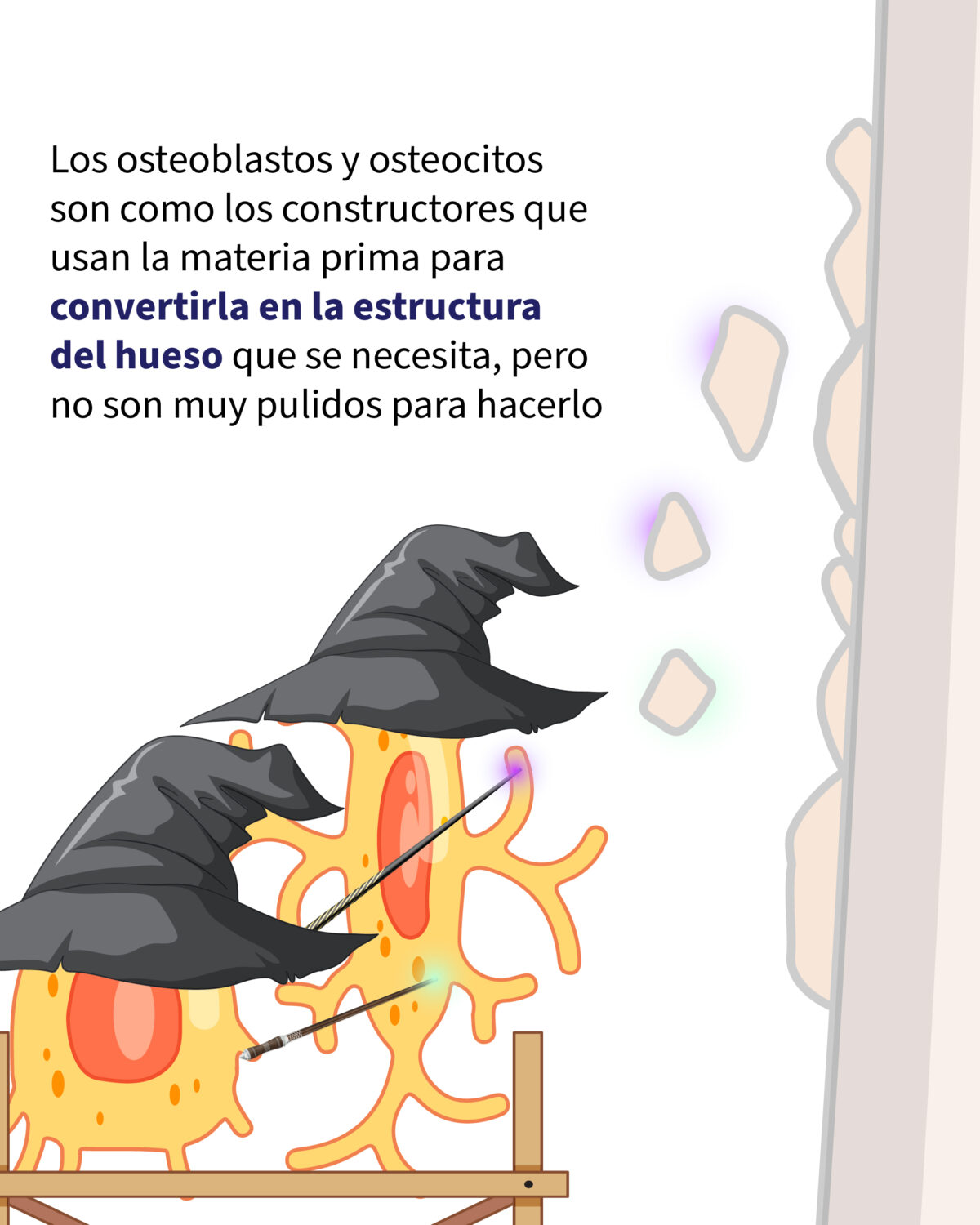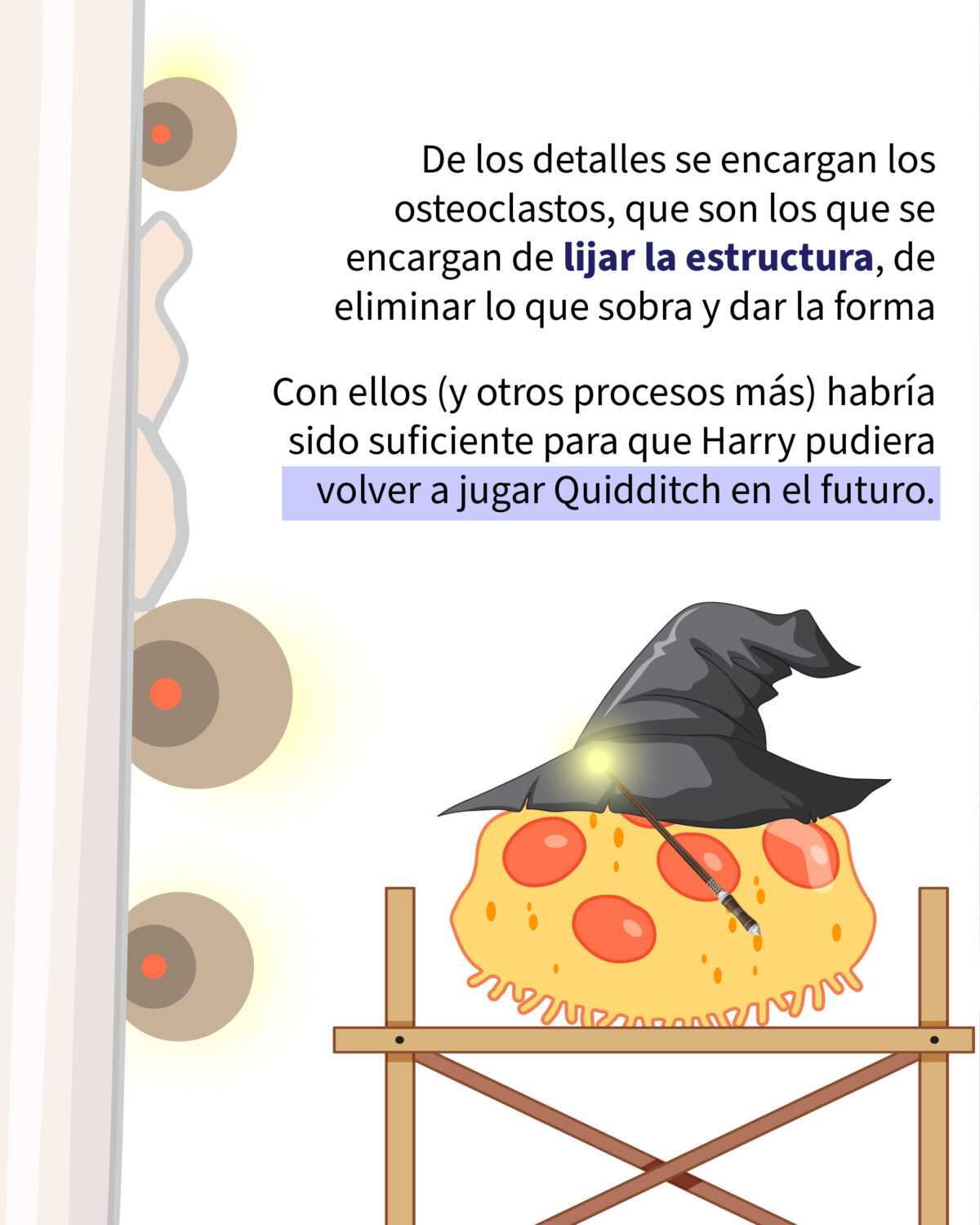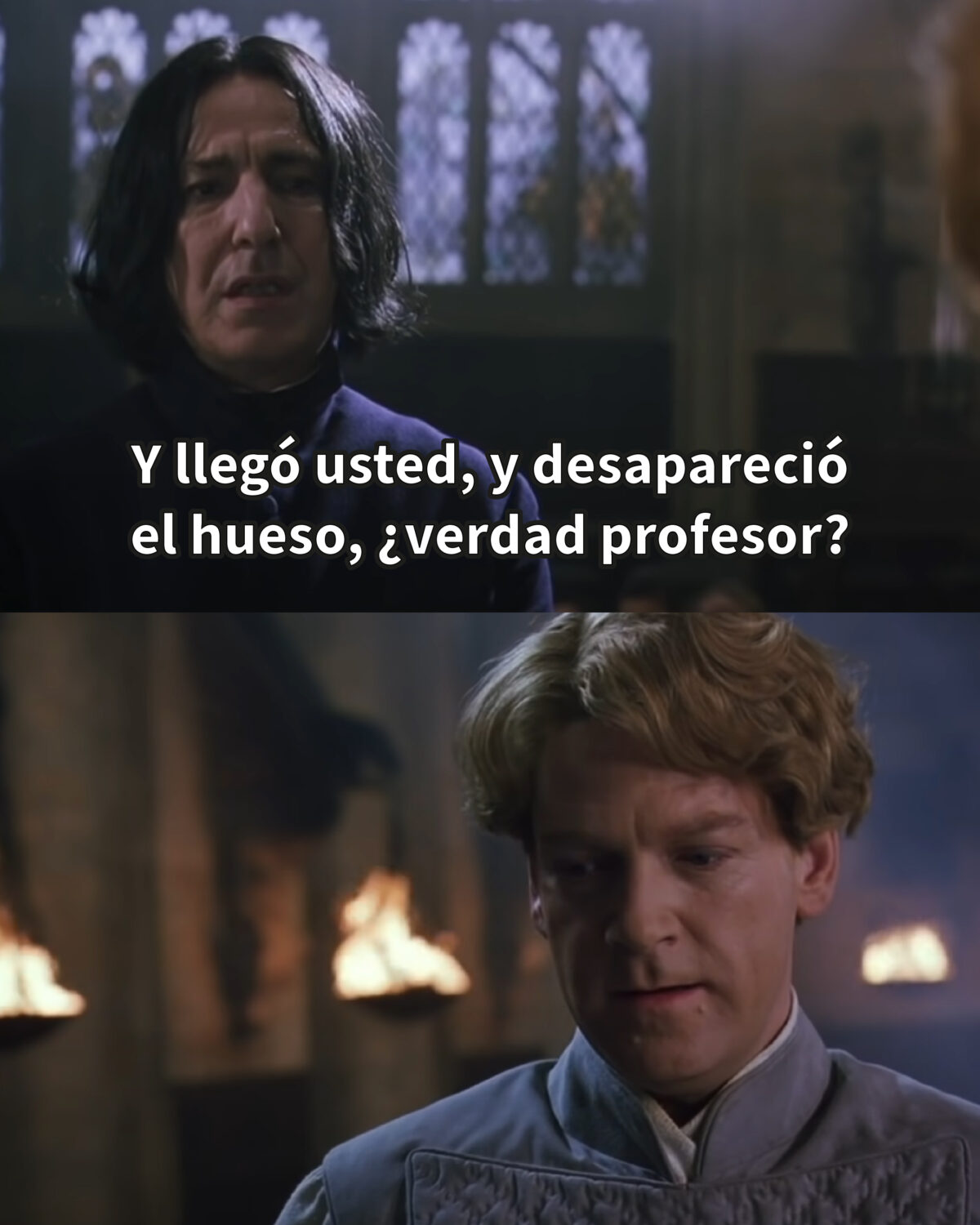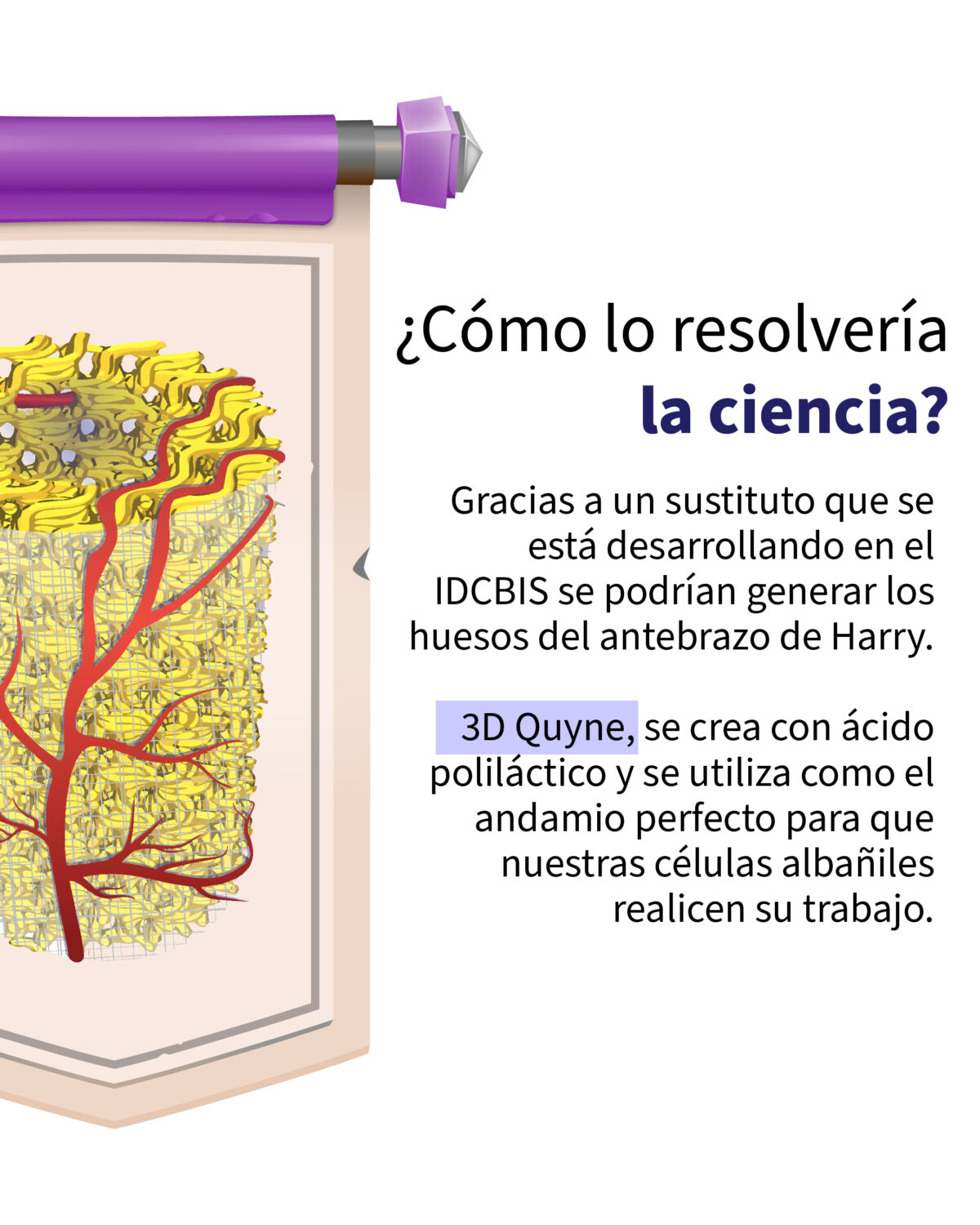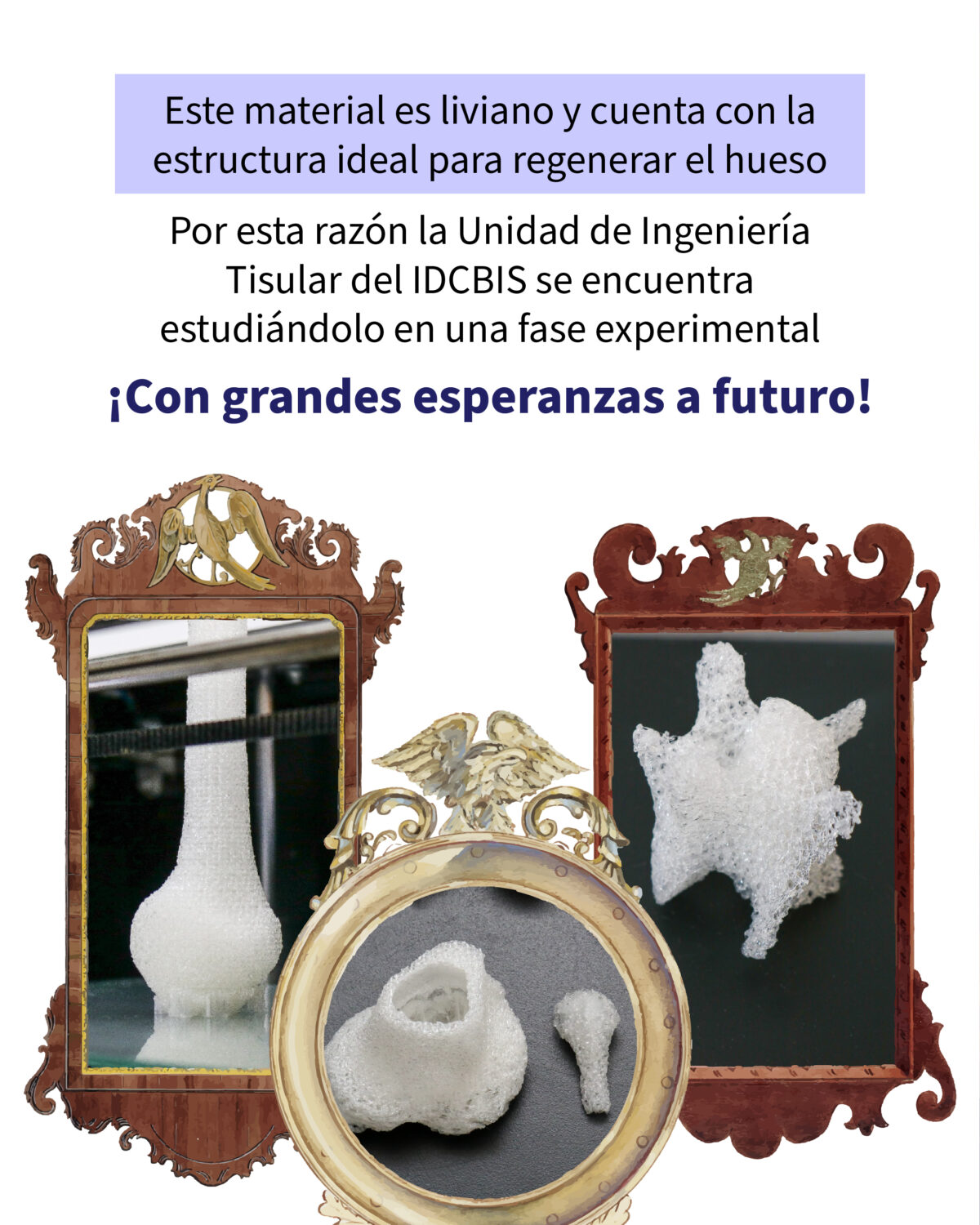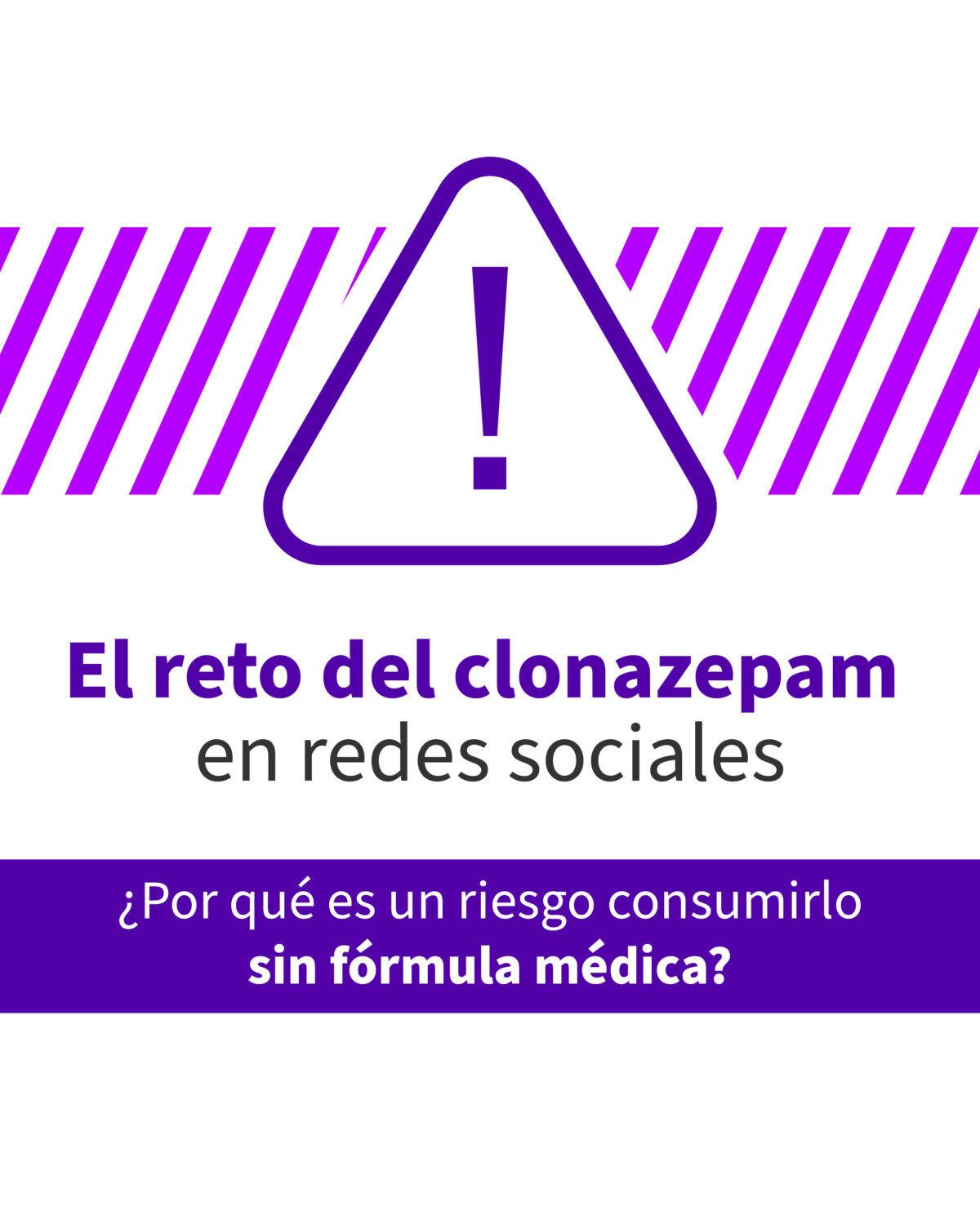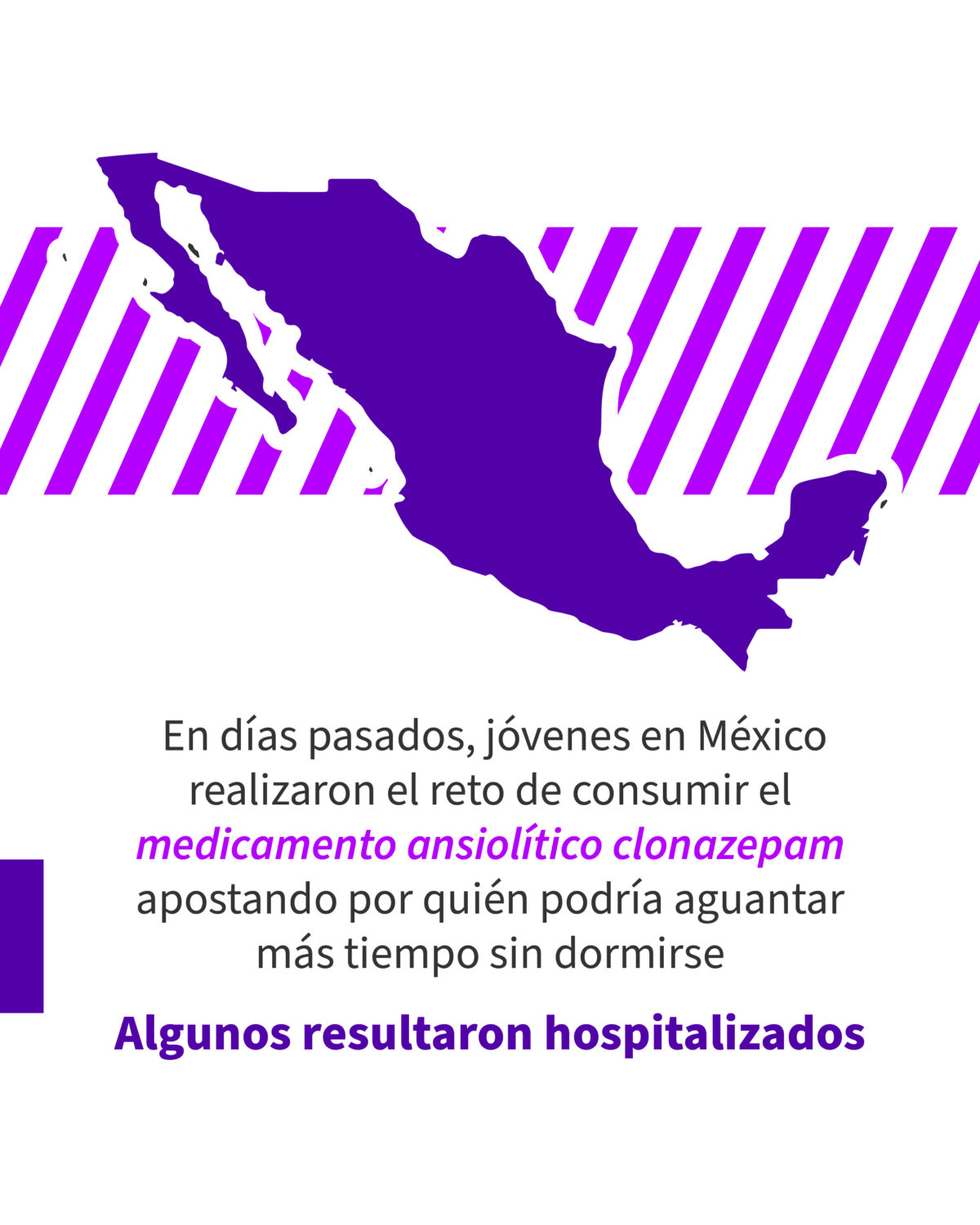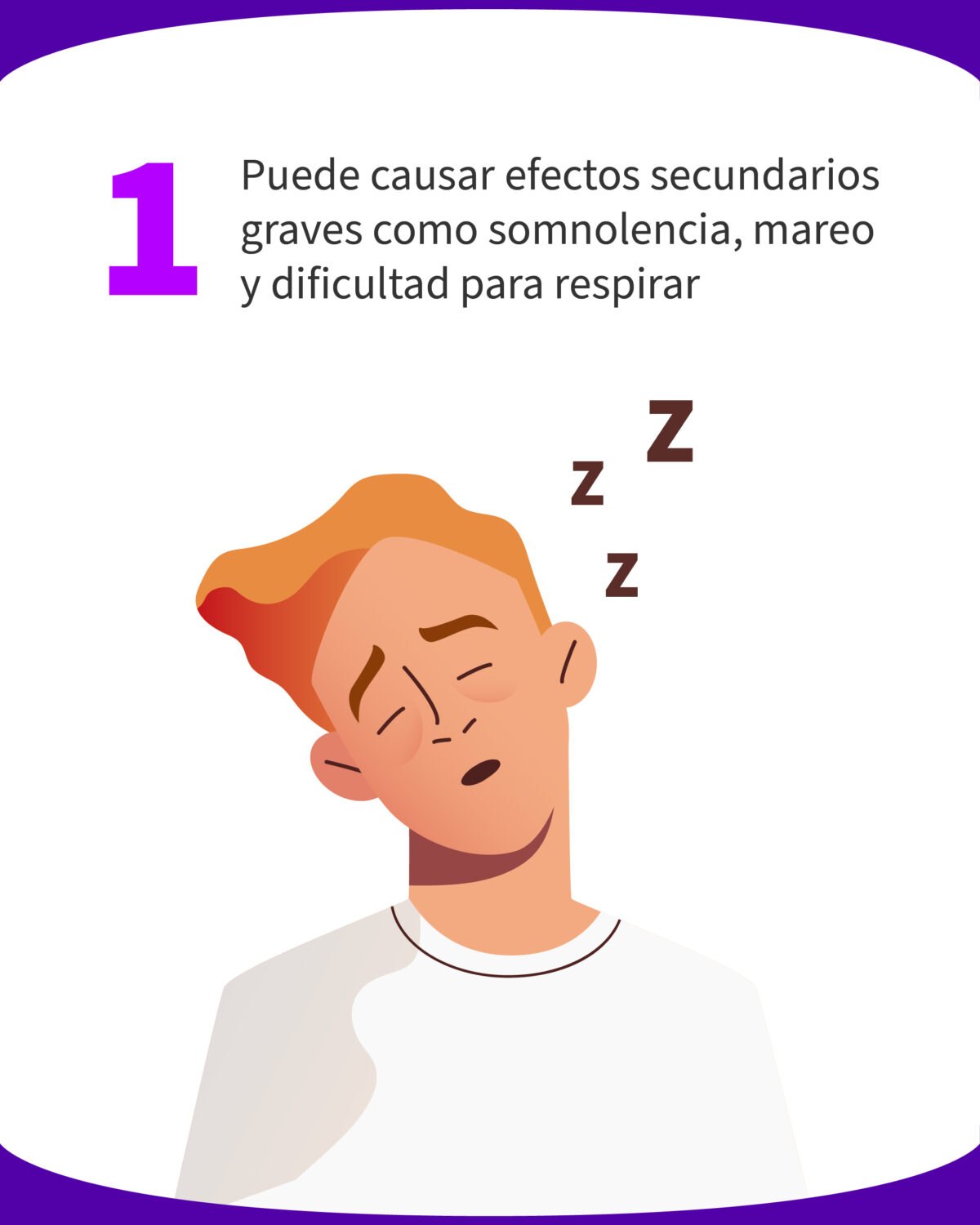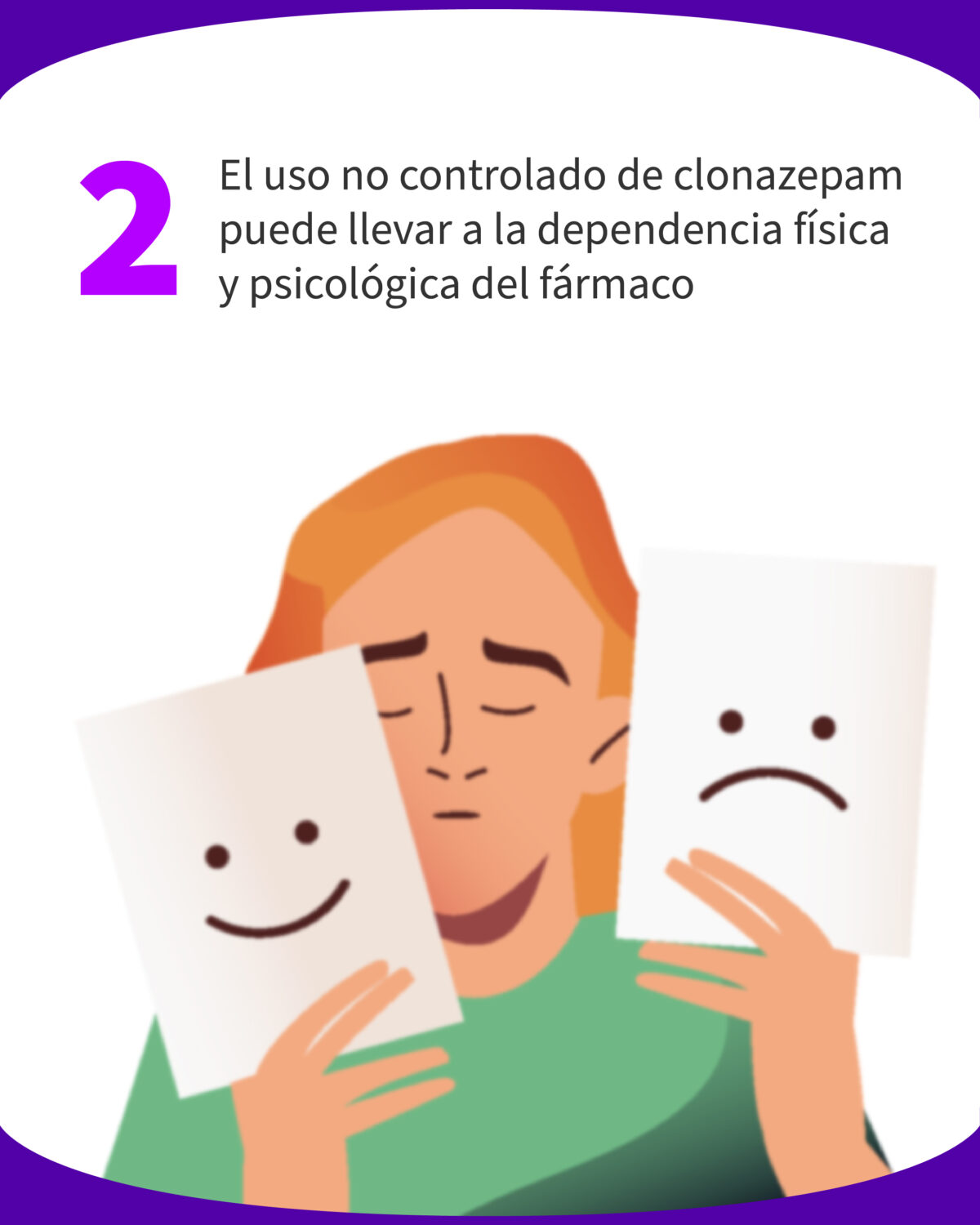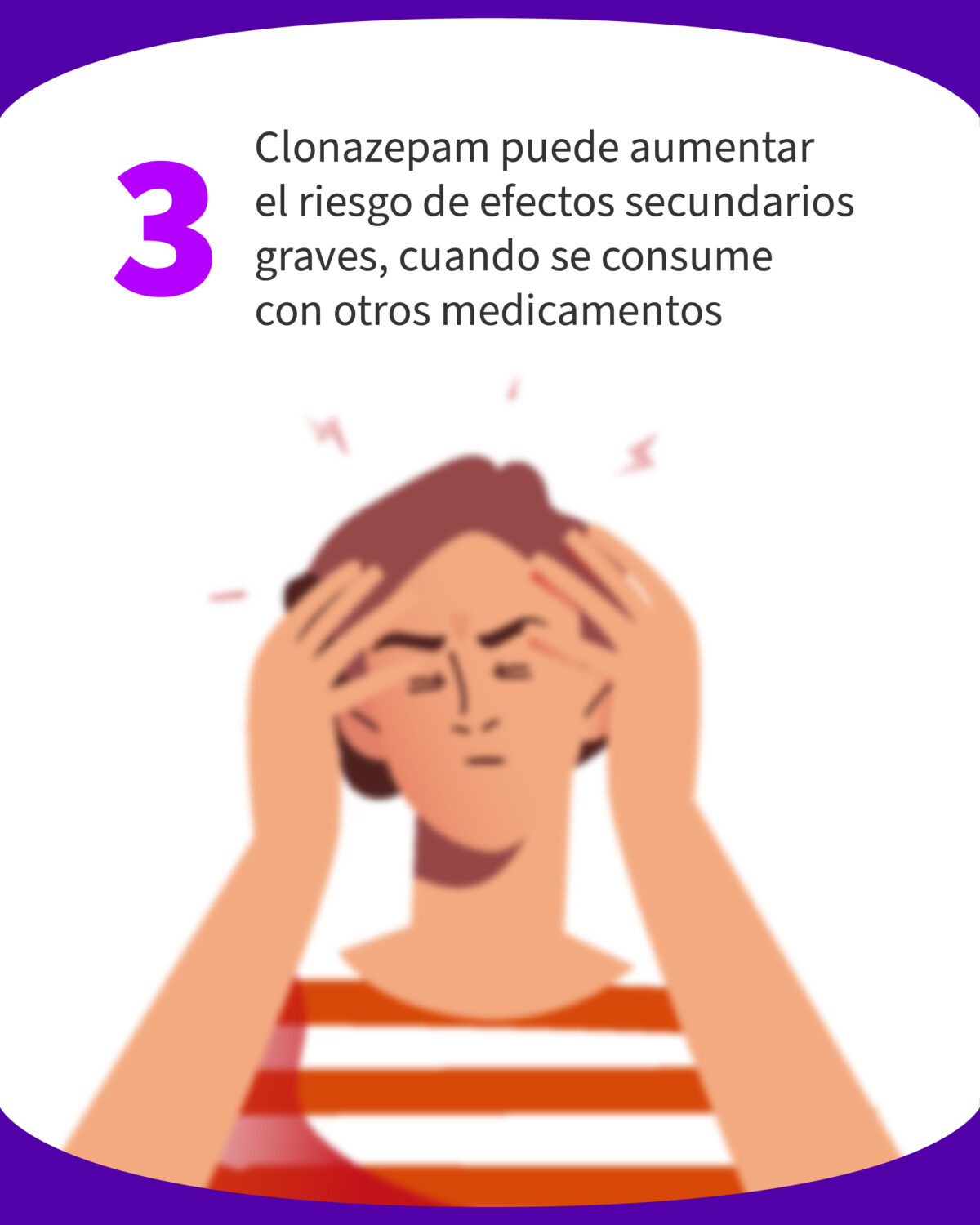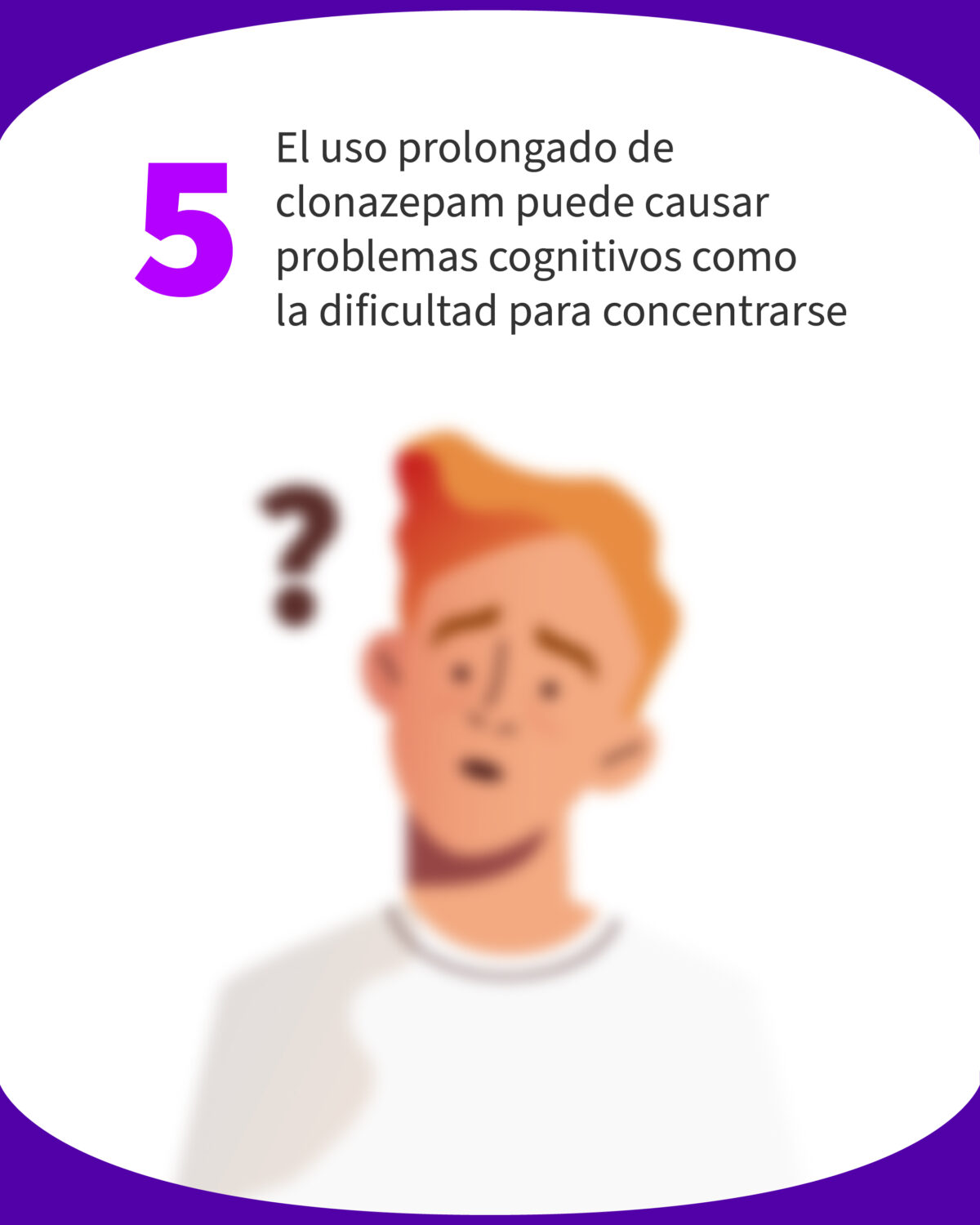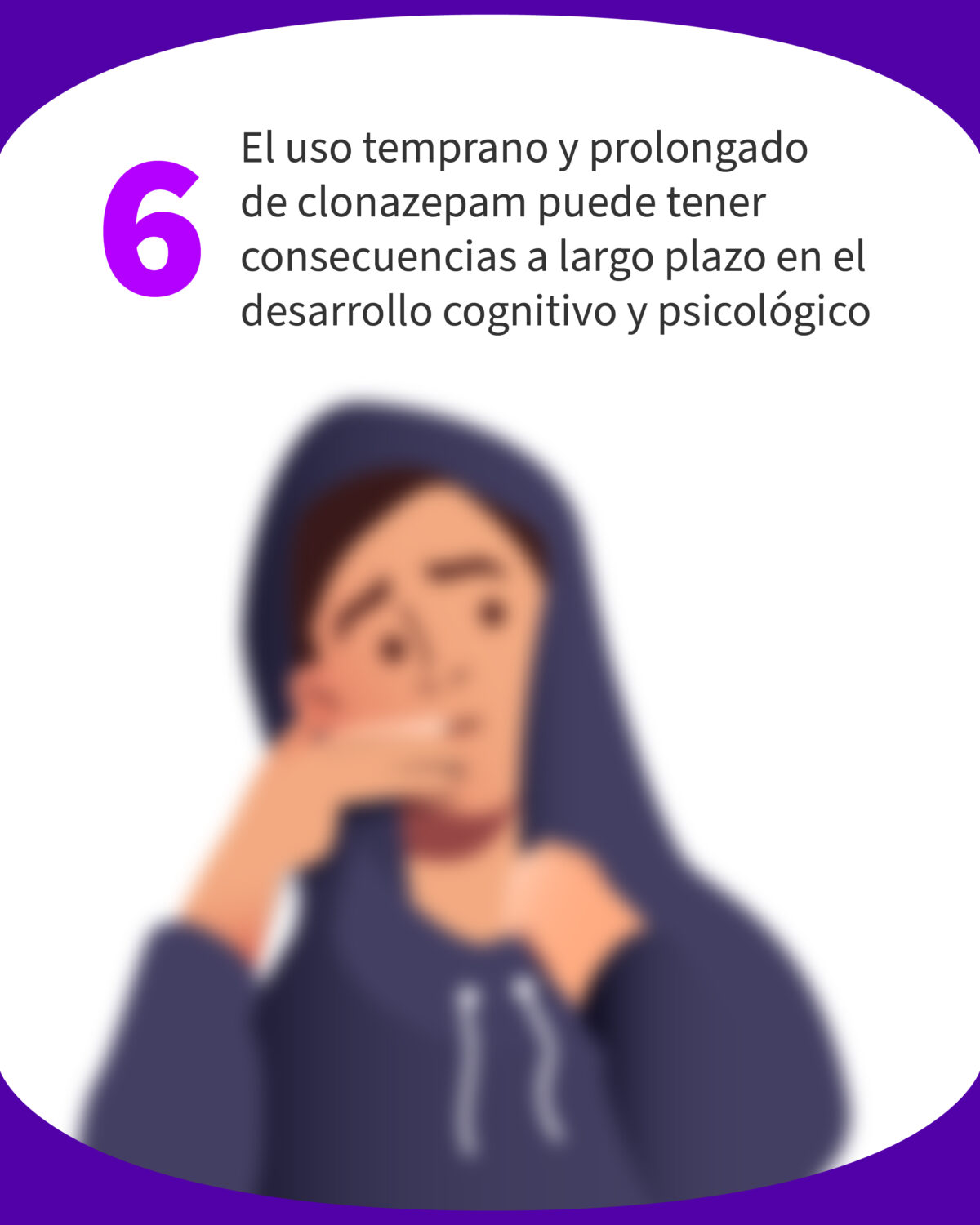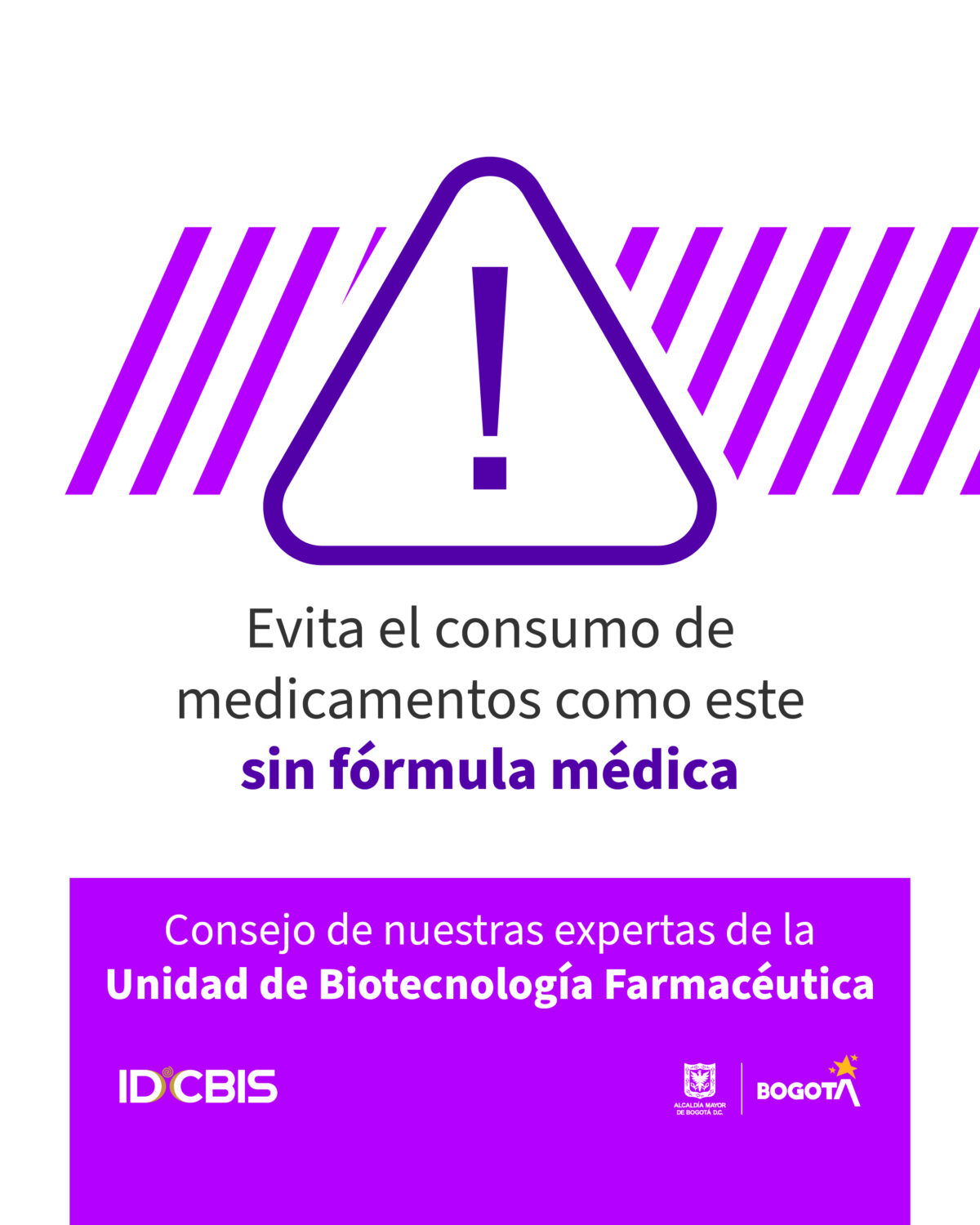Blood donation is an act of solidarity that can save lives. Each unit of blood donated can help three or more people in need of transfusion. However, it is important to know the criteria and requirements to become a blood donor.
Requirements to donate blood
Blood donation: criteria and requirements:
- Weigh 50 kilos or more
- Good health
- Not having taken antibiotics 15 days before
- No tattoos or piercings done in the last 6 months
- To have slept at least 5 hours the night before.
- Do not have a fast of more than 4 hours.
- No flu symptoms at the time of donating
- Not having suffered hepatitis after 11 years of age
- Not having ingested antiparasitic drugs in the last month.
- Not having received blood in the last year
- Responsible sexual behavior
- Not pregnant
- If you are breastfeeding, that your son or daughter is older than 1 year old
- If you had Covid-19 or someone close to you had it, wait 15 days without symptoms after recovery to be able to donate.
If you meet the requirements and criteria to donate blood, you can contact a blood donation center to schedule an appointment. The District Blood Bank offers the possibility to verify that you can donate and, depending on the time, transport you or suggest the nearest public blood drive.
If everything is in order, you will be able to donate a unit of blood. The donation itself takes approximately 10 to 15 minutes and is a safe and simple process.
Find out all the information here.
Blood donation phone number:
Our apheresis donation service has a WhatsApp line that you can call to schedule your donation of blood components such as platelets and red blood cells.
If you have any questions, you can find us on Facebook and Instagram as @IDCBIS. Write to us internally to have the pleasure of assisting you.
Blood donation is an act of solidarity that can save lives. If you meet the requirements and criteria to donate blood, do not hesitate to do it.
Having a culture of blood donation in the city is of vital importance to ensure the availability of this essential resource in emergency situations and for patients who need transfusions for chronic diseases, accidents, surgeries and childbirth. Blood donation is a constant need and the amount of blood donated is insufficient in many parts of the world.
Lack of donated blood can be fatal, especially in emergency situations. Therefore, a culture of blood donation is essential to ensure the availability of this vital resource. Blood donors can save lives of people suffering from serious illnesses or who have suffered a serious injury.
In addition, blood donation can also contribute to medical and scientific research. Blood is an important source of information and can help in the research of treatments and cures for chronic diseases.
In conclusion, having a culture of blood donation in the city is of vital importance to ensure the availability of this vital resource. It is important to foster a culture of blood donation to ensure that there is sufficient blood supply for patients in need and to support medical research. Blood donation is a caring act that can save lives, and we should all consider becoming regular blood donors.

